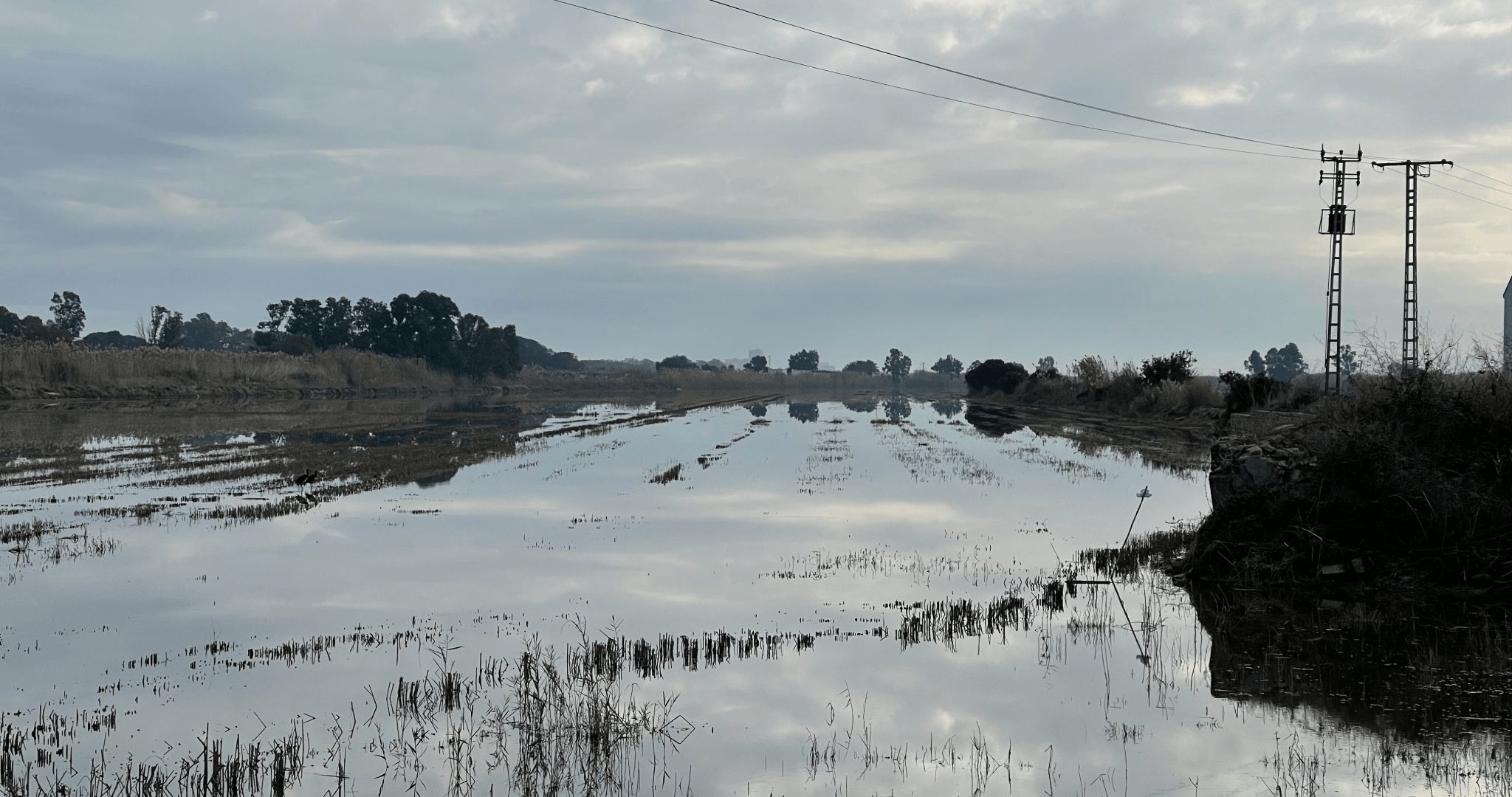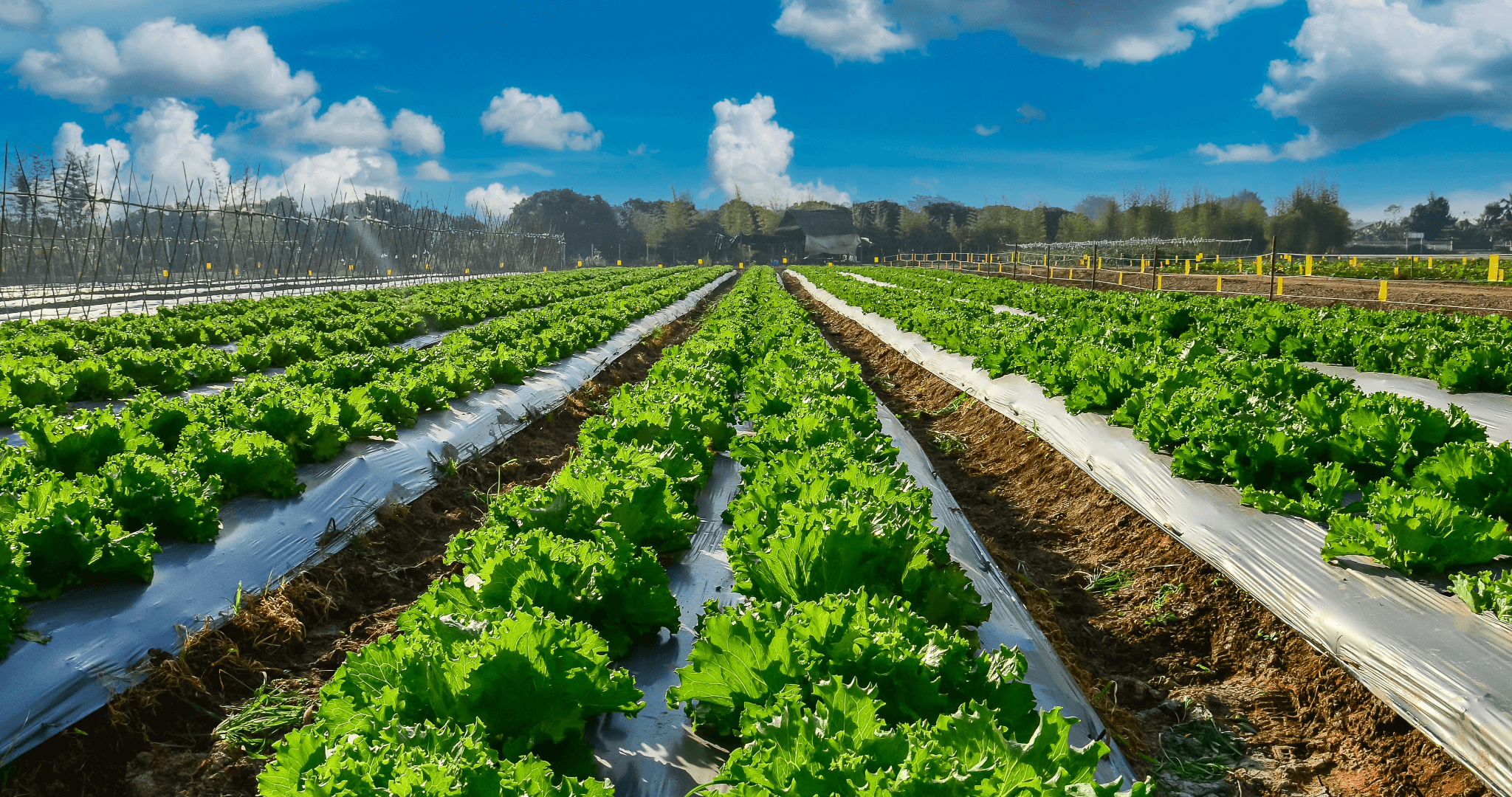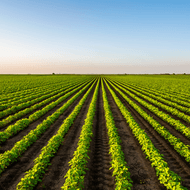UK Supermarkets Adjust Standards to Support Local Farmers Amid Weather Challenges
Posted by Emma on 16th Jan 2024 Reading Time:
Due to challenging weather conditions, UK supermarkets now accept smaller vegetables from local farms. This strategic shift aims to sustain the availability of fresh British produce, which has faced setbacks due to persistent rainfall and flooding, particularly in regions like Lincolnshire, East Anglia, Cornwall, and Scotland. The inclement weather and rising costs for essentials like fertiliser, energy, and labour have led to tightened supplies and increased prices for vegetables like carrots, brussels sprouts, and potatoes. Even seasonal discounts during Christmas couldn't fully offset these surges.

The adverse weather has sparked concerns over potential shortages in spring, as waterlogged fields and costly greenhouse heating delay planting schedules. Key salad crops, such as tomatoes and cucumbers, are also at risk, as growers postpone planting due to the high energy costs not being adequately compensated by supermarkets. Lee Stiles from the Lea Valley Growers' Association highlights the struggle, pointing out the financial impracticality of early planting under current conditions.
These challenges were felt last year when supermarkets had to ration certain salad ingredients due to short supplies from UK, Dutch, and Spanish growers. TH Clements, a major winter vegetable grower in Lincolnshire, reported severe hardships due to continuous flooding since October, resulting in significant crop losses.
However, supermarkets like Tesco are stepping up. Ken Murphy of Tesco spoke of collaborating with Scottish growers to ensure sprouts availability during Christmas by allowing earlier harvests, leading to smaller but quality produce. Tesco's Tom Mackintosh emphasises that accepting these size variations can support the industry while maintaining consumer supply. Morrisons echoes this sentiment, adjusting their specifications to include vegetables with minor cosmetic flaws, ensuring steady supply and fair returns for farmers. They also reported a sales increase in their "wonky veg" range, which includes non-standard vegetables like carrots and parsnips.
Sainsbury's is also onboard, accepting various sizes and shapes of vegetables to minimise food waste. Martin Emmett from the National Farmers' Union underlines the importance of this flexibility, which helps maximise available produce and reduce waste in the food chain.

In conclusion, the UK's supermarket giants support local farmers during these challenging times. By adjusting their standards, they are helping sustain the fresh produce industry and ensuring that customers continue to have access to quality British vegetables.
Your comments and insights on this significant development in the UK's agriculture and retail sectors are highly valued. Please share your thoughts below.

